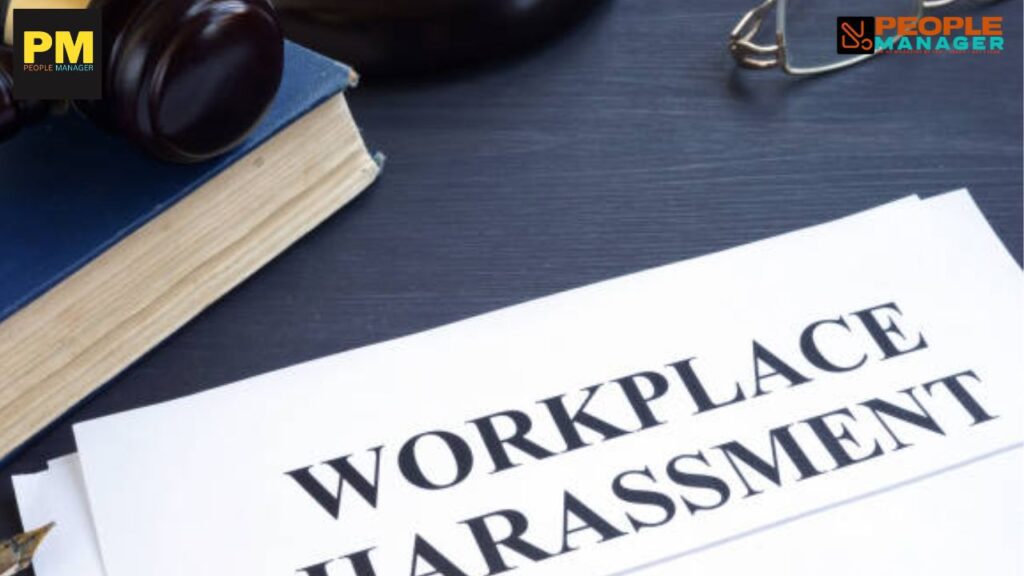Sexual Harassment at Workplace : Delhi Court fines Standard Chartered Bank
A cost of Rs. 1,50,000 and an unconditional apology was tendered by the accused (male respondent) to the victim. Additionally, the Tribunal directed the Bank to pay Rs. 50,000/- to the appellant.

Sexual Harassment at Workplace : Delhi Court fined Standard Chartered Bank for lapses in ICC inquiry
A fancy PoSH policy and an ICC committee are insufficient to prevent sexual harassment at the workplace. Organizations must educate ICC members about the PoSH Act in order to effective prevention, prohibition, and redressal of workplace sexual harassment.
Recently, the Delhi High Court held a judgment regarding the gap in the ICC investigation and laments Standard Chartered Bank’s lack of knowledge about the PoSH Act and fined for two lakhs rupees.
A victim filed an appeal to Industrial tribunal under the Prevention of Sexual Harassment at Workplace Act, 2013, disputing the order of Standard Chartered Bank’s Internal Complaints Committee (ICC).
This was about looking into a case of sexual harassment against her by a Standard Chartered Bank employee for whom she had worked.
The Standard Chartered Bank was chastised by the Delhi Industrial Tribunal for failing to handle a sexual harassment allegation in accordance with the Sexual Harassment of Women at Workplace (Prevention, Prohibition, and Redressal) Act, 2013 (POSH Act).
The bench of Judge Ajay Goel, J., ruled that the ICC’s conclusions were unconstitutional and infirm.
The Tribunal noted that a litigation cost of Rs. 1,50,000 and unconditional apology has been tendered by the accused to the victim. Additionally, it directed the Bank to pay at least Rs. 50,000/- as litigation cost to the appellant. “The bank is not directed to pay any compensation amount to the complainant because the complaint of the complainant was dealt with, but there was some procedural lapse and the charged official was found guilty also,” it added.
“It has been noticed that several workplace harassment cases are under trial at the High Court’s and Tribunal level,” Advocate Bir R Singvi explained to People Manager. The Hon’ble justices have consistently held that it is the employer’s responsibility to provide a safe and comfortable working environment.”
In this case, the Tribunal stated, “Under the Act, it is the employer’s responsibility to implement policies and procedures to prevent sexual harassment, to provide training to employees and managers, and to establish an internal complaint committee to investigate and address sexual harassment complaints.” Employers must also post information about the Act and the complaint procedure in a visible location in the workplace,” he added.
“The Tribunal also observed that members of the IC may, unknowingly and inadvertently, give rise to unwanted repercussions during an inquiry,” he continued.
“The Tribunal also commented that its attention was drawn towards an “internet generated report” in which it is reported that there are several other instances and complaints of sexual harassment by other female employees against other male employees working in Standard Chartered Bank; and in said complaints, the pleas and complaints made to the head concerned, including the HR and CEO, went unanswered, and their complaints fell on deaf ears.” “It’s worth noting that the Tribunal has specifically commented on this issue,” he stated.
“The Hon’ble Judge also mentioned that in one of the earlier cases before this court, the court came across findings in which humorous suggestions were given by the members (of the IC) after finding the charged official guilty – indicating that legal knowledge of the IC members (or at least the External Member) is essential to ensure that the report/ suggestions of the IC is not vitiated at a later stage,” the judgment concluded.
- SHe-Box Portal Pushes Companies to Take Workplace Harassment Complaints Seriously: 2025 Report - February 16, 2026
- India’s Labour Codes Are Redrawing the Hiring Map- Tier III & IV Cities Emerge as the New Growth Engines: Report - February 11, 2026
- Girish Ramadurgam on Talent-Fitment” Problem: How to resolve the skill mismatch - January 19, 2026








